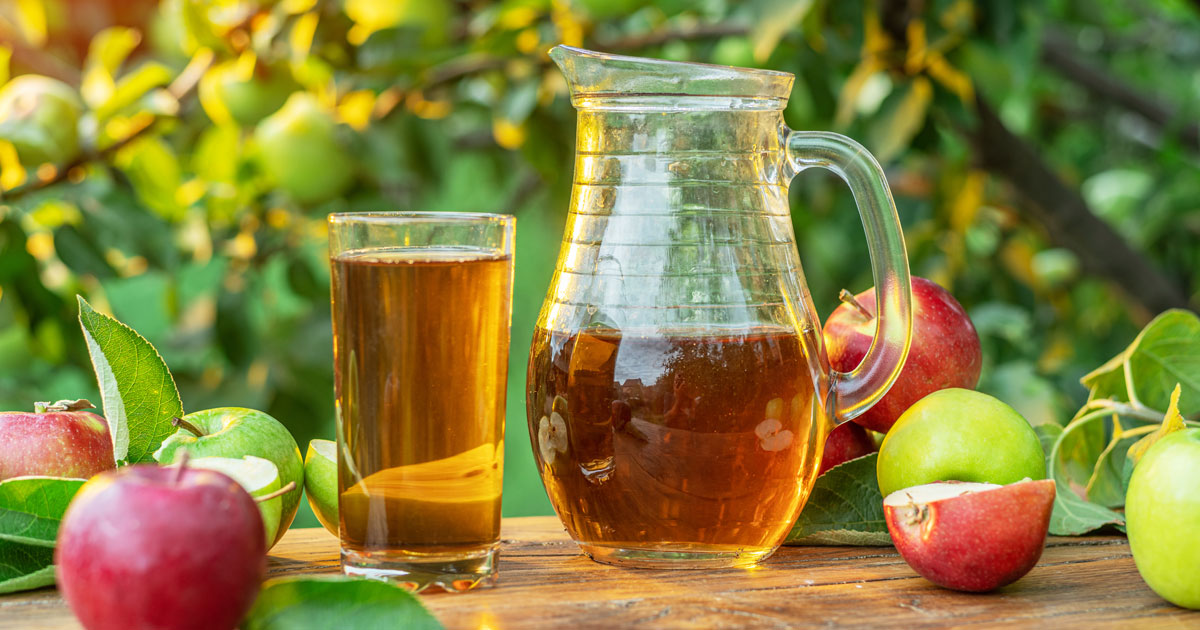
The old aphorism “an apple a day keeps the doctor away” may not be true in the strictest sense, but it does highlight the fact that eating apples has long been associated with good health. Apples are, of course, well known for their crisp, juicy texture and flavor that ranges from tart to sweet, but they also happen to be one of the healthiest fruits of all. Because in addition to being loaded with important vitamins and minerals, both fresh apples and apple ingredients also provide a number of important health benefits.
All apple varieties, from the tart granny smith to the more mild fuji and red delicious, are produced by the same species of tree (Malus domestica). While today apples are widely produced all over the world, they are believed to have originated in the region of Asia between the Caspian Sea and the Black Sea. Over thousands of years, humans have selectively bred over 7,500 different types of apple, each with their own unique combination of flavor and texture.
Apples have been a regular part of human diets for millennia, and there is evidence that they were cultivated for food by people in ancient civilizations like the Egyptians, Greeks, and Romans. Over time, apples spread around Europe and Asia and eventually made their way to North America where European colonists introduced them to Native American tribes. Today most apples are produced in China, the United States, and Turkey, but only about a third are grown to be eaten fresh; the rest are dried, canned, or used for apple juice.
The nutritional composition of apples can vary slightly depending on the specific variety, size, and preparation method. However, a typical serving size of one medium apple contains about half a gram of protein, 25 grams of carbohydrates, and trace amounts of total fat. The same medium-sized apple also has about 95 calories while a large apple can have up to 125 calories. Below are some common vitamins and minerals found in apples:
Vitamins (% Daily Value)
Minerals (% Daily Value)
Even though they may not permanently keep doctors away, apples are packed with essential nutrients that the body uses to function normally and maintain and repair tissue. One of the things that truly makes apples stand out, though, is the high fiber content (mainly in the form of pectin). Dietary fiber isn’t actually absorbed like other nutrients; instead, insoluble fiber helps with bowel movements while soluble fiber helps with digestion and other aspects of health.
Apples are also a great source of antioxidants, which are compounds that inhibit oxidation and prevent oxidative stress; oxidative stress is itself an imbalance in the body’s chemistry that is characterized by the presence of free radicals. These tiny particles are believed to cause the kind of damage to cells that can lead to various diseases. In apples, there are a number of different sources of antioxidants; examples include vitamin C and flavonoids like quercetin, a type of polyphenol that is found in many fruits.
This impressive combination of nutrients, fiber, and other plant compounds in apples make them a great choice eaten either fresh or as an ingredient in popular foods like applesauce, apple cider, snacks, cocktail mixes, or a variety of other applications. Below are some of the health benefits associated with eating apples:
The apple is here to stay as a fresh fruit option and as a flavor that can be used in a huge assortment of applications. At FruitSmart, we are proud to offer the highest quality fruit juices, concentrates, essences, purees, and dry ingredients that are derived using a series of safe and reliable processes. But more than just the products, the ideas-based team at FruitSmart is excited to help you develop new products with the best ingredients so you can consistently deliver excellence to your customers. If you’d like to learn more about working with FruitSmart, please contact us today.
